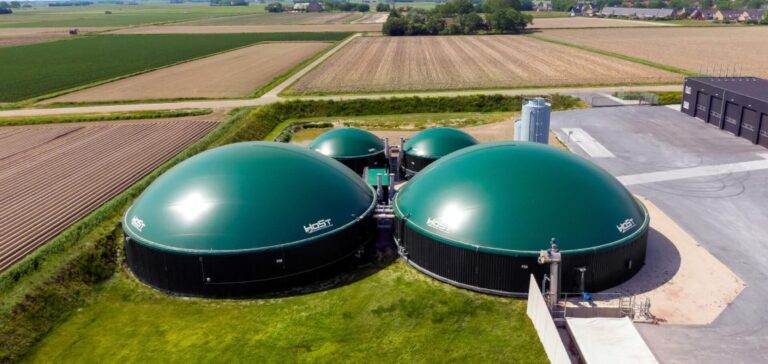India is relying on bioenergy to strengthen its energy independence while reducing fossil fuel imports. Today, modern bioenergy accounts for 13% of the country’s final energy consumption and is expected to grow significantly in the coming years. With precise ethanol, biodiesel, and compressed biogas (CBG) blending targets, the Indian government aims to structure its market and maximize its local resource potential.
Sustained Growth Backed by Clear Objectives
By 2030, India aims to achieve a 20% ethanol blending rate, 5% for biodiesel, and 5% for CBG. Additionally, the country is targeting 7% biomass co-firing in coal power plants by 2026 and a 2% biofuel blend for international aviation. These measures, supported by guaranteed pricing and investment incentives, are designed to structure a still-developing sector.
Rising Biomass Demand
The expansion of bioenergy relies on a significant increase in biomass utilization. Currently, India consumes 180 million tons of bioenergy feedstock per year, including sugarcane bagasse, agricultural residues, and municipal solid and liquid waste. To meet its growth ambitions, this consumption will need to increase by 50% by 2030, requiring supply chain optimization efforts and innovations in waste collection and processing.
Towards a Modernized Biogas Market
Biogas and CBG play a strategic role in India’s energy policy. Their demand is expected to rise by 25% by 2030, particularly with the development of gas distribution infrastructure. However, the biogas market’s organization requires regulatory clarity, particularly regarding CBG traceability certificates. Inspired by European and American models, India could establish a centralized platform to certify biogas production and trade, ensuring transaction transparency and compliance with environmental standards.
Challenges of an Ambitious Energy Transition
While growth prospects are promising, several challenges remain. Integrating new raw materials, such as used cooking oil or underutilized agricultural residues, requires the development of suitable business models. Additionally, the cost of advanced biomass conversion technologies remains a barrier to large-scale adoption. To secure its bioenergy transition, India will need to strengthen its support policies and ensure a stable and attractive regulatory framework for investors.






















